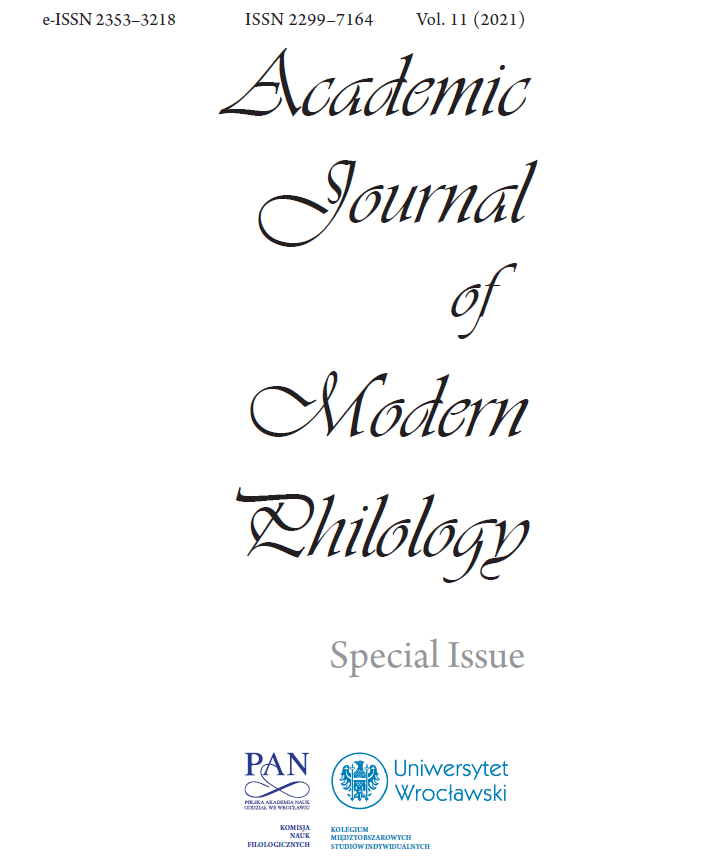Literary Performatives in The History of the Siege of Lisbon by José Saramago. A Study of Performatives in Contemporary Portuguese Fiction
Literary Performatives in The History of the Siege of Lisbon by José Saramago. A Study of Performatives in Contemporary Portuguese Fiction
Author(s): Magdalena DrewniakSubject(s): Language studies, Language and Literature Studies, Studies of Literature, Philology
Published by: Komisja Nauk Filologicznych Oddziału Polskiej Akademii Nauk we Wrocławiu
Keywords: literary performatives; contemporary Portuguese literature; Speech Act Theory
Summary/Abstract: This article discusses literary performatives and their functions in The History of the Siege of Lisbon by José Saramago through the prism of the definition of literary performatives presented by Irene Kacandes in her article “Are You in the Text? The ‘Literary Performative’ in Postmodernist Fiction”. In order to understand Saramago’s novel in the light of this concept, this work examines the novel in terms of features emblematic of second-person narratives. The point of departure is J. L. Austin’s Speech Act Theory from How to Do Things with Words. The article refers to the theoretical and methodological background regarding Speech Act Theory as proposed by Austin and developed by Searle, as well as further considerations on the application of the theory in literary studies. It demonstrates that literary performatives present in the novel being discussed are built by third-person singular imperatives, first-person plurals (imperative and indicative mode) and impersonal forms. Moreover, it argues that they serve the following functions—constituting the second-person narrative character of the novel, providing the narrative with oral and metafictional character, and pointing the reader to the moment of action they are involved in at the moment of reading.
Journal: Academic Journal of Modern Philology
- Issue Year: 2021
- Issue No: 11
- Page Range: 57-67
- Page Count: 11
- Language: English

